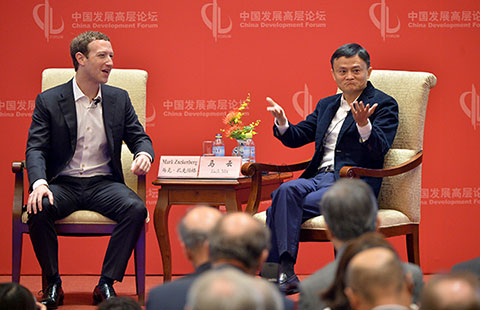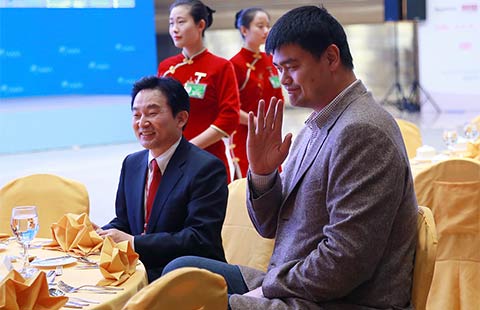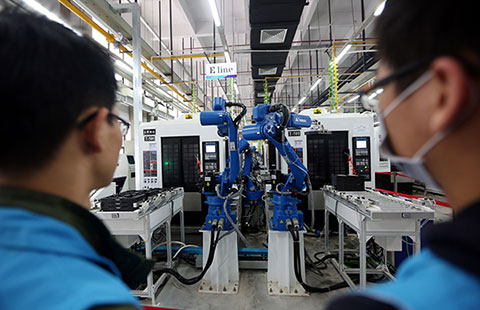Systematic thinking urged for integrated reform
(Xinhua) Updated: 2016-03-25 17:12BEIJING - China has underlined the systematic thinking and innovation in deepening reforms to ensure successful transformation guided by its new development concept.
A meeting of the Central Leading Group for Deepening Overall Reform early this week demanded that the systematic thinking should be set up and the systems and mechanisms formed to better implement the innovative, coordinated, green, open and shared development model.
It stressed sustained effort to improve basic institutional rules to guarantee the establishment of a framework for deepening overall reform, with the focus of piloting reforms on institutional innovation.
One systematic change approved in the meeting will extend ecological protection compensation so as to fully cover key fields like forests, grasslands and wetlands, and important areas where development is banned or ecological zones were marked.
In another example, the central government decided to allocate 100 billion yuan ($15.3 billion) to help those who lose their jobs as a result of cutting of overcapacity over the next two years.
Entering a new normal of medium-high speed after decades of rapid growth, China is shifting to a quality, efficiency-oriented growth model driven by innovation and consumption and directed by the new development concept in the coming five years and beyond.
China has projected a growth rate of 6.5 to 7 percent this year, striving to maintain a balance between ensuring steady growth and making structural adjustments, according to the government work report.
Supply-side structural reform, which includes cutting overcapacity, destocking and reducing corporate costs, and reform of state-owned enterprises, are among key government tasks this year.
Supply-side structural problems are deeply interrelated and need to be addressed as a whole, according to experts.
During the transformation, the Chinese government has to deal with the complexity which might be the most difficult in the world, as China itself is a huge inter-connected dynamic system, according to Fredmund Malik, a senior Austrian economist.
"Chinese leadership is aware of the need for systematic thinking and holistic consideration, which is the important foundation for identifying the right and effective path for its balanced development, including the economic reform," said Malik, founder and chairman of the Malik Management Center in Switzerland.
- China implements new tax on cross-border e-commerce
- Economists at regional forum watch China's structural reform rather than growth speed
- Eaton to invest in clean energy in China's public transport systems
- Former Moutai vice general manager under probe
- China nuclear power development set to quicken for cleaner growth
- MAS welcomes cross-border renminbi flows between Singapore, China's Chongqing
- China Life beefs up portfolio with record regular premium
- Decision to join bank in US' hands, says AIIB chief
















